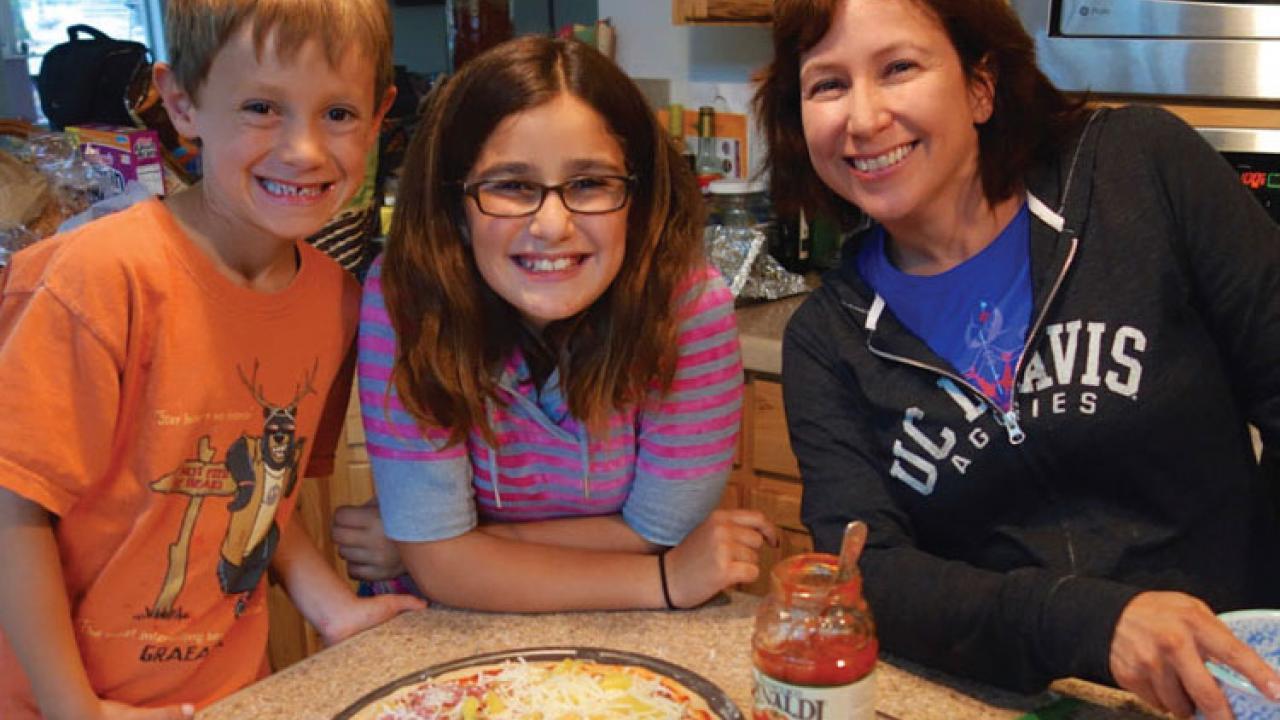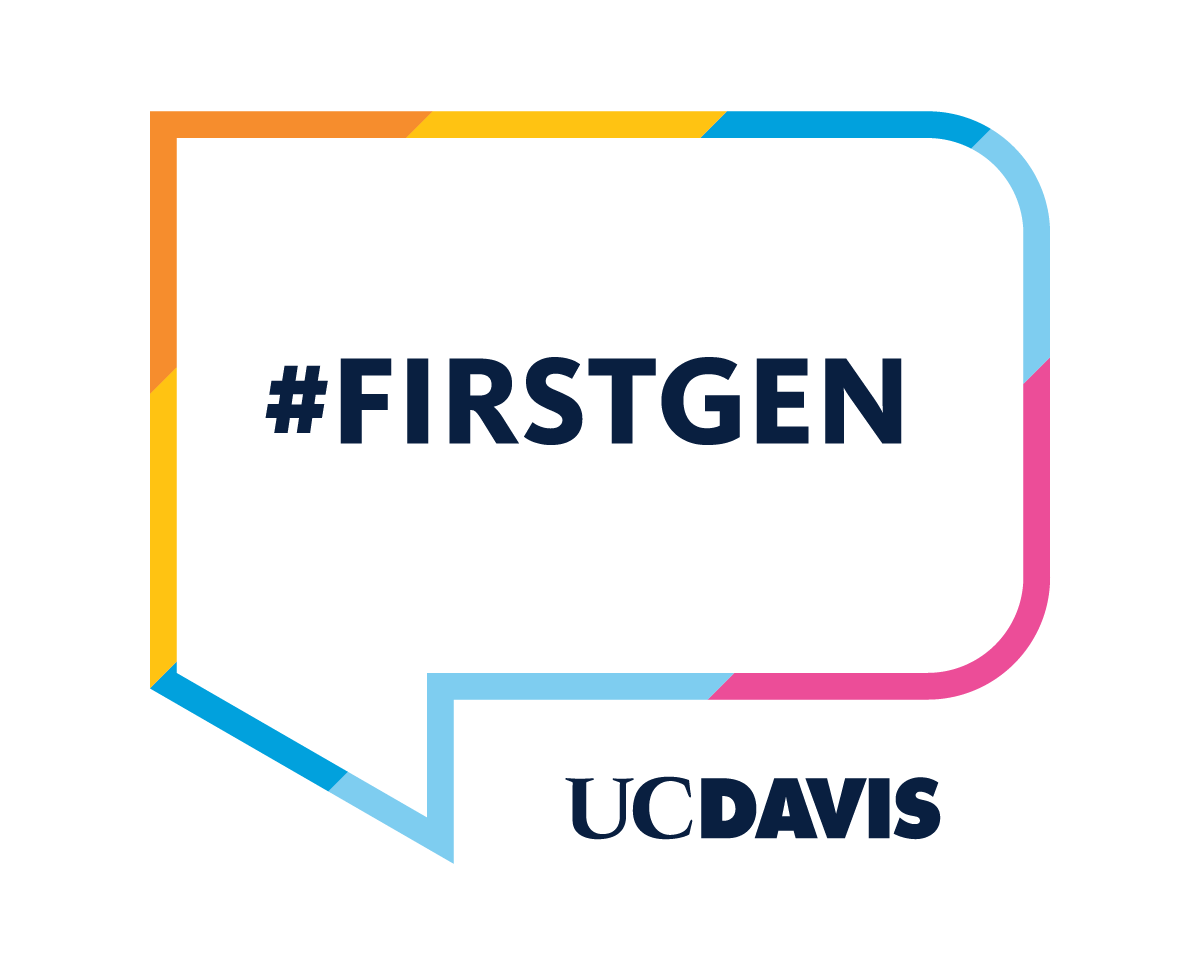
Susan Rivera
Growing up in the industrial city of Gary, Indiana, Susan Rivera never dreamed that she would one day head a neuroscience lab researching cognitive development. “College was always part of my plan,” she says, “but as a means to an end. All you think about when you’re growing up poor is having a solid job.”
Rivera’s parents had migrated to Gary from Puerto Rico so her father could work in the steel mills. The youngest of thirteen children, her family was loving and happy, but there was no money to spare, and no guidance for getting into college. “I had to do that on my own, and I was a little clueless,” she says. Fortunately, she ended up attending Indiana University – Bloomington, a top public research university.
Asked whether there was anything she remembers as being challenging or intimidating in the transition to college, Rivera smiles. “I really loved it. The one thing that was clearly different had to do with resources. There were things that other students seemed to know that I didn’t know – you need longer sheets on the beds, that kind of thing – but I really loved it, and just felt very lucky to be there. I thought the whole thing was fantastic.” Still, she recalls, “there were times when I felt like I was faking it.” Money was a constant challenge; she relied on financial aid and work study, and always had a restaurant job so she could eat. At those jobs, she found friendships with students in similar circumstances.
Advice for Students
"Be curious. Ask lots of questions. Find out everything you can. Don’t be afraid to ask for help, or for what you need to succeed."
A Summer Research Opportunity Was the Key
Getting involved in a research lab the summer after sophomore year was the pivotal event in Rivera’s career. “I saw a flyer for a summer research opportunity program for first generation students in the hallways of the psychology department. That program changed everything for me. Before I joined the lab, I didn’t even know what doing research meant. When I got into a research environment, I couldn’t believe people did that for a living – I thought how cool! I was intimidated. I didn’t know what people meant when they said ‘graduate school,’ and I remember feeling too embarrassed to outright ask. So I surreptitiously asked indirect questions until I figured out what the heck they meant. I figured out that you could get a PhD, and that you didn’t have to pay. And then I was bitten by the bug – I did well in that lab, and stayed on, eventually completing my honors thesis.”
There, Rivera found her mentor in Linda Smith (now Distinguished Professor and Chancellor's Professor of Psychological and Brain Sciences at Indiana University), who she says is “still sort of a mentor to me – still someone I admire a lot. I credit her with teaching me how to think.” Smith was a true role model: a brilliant scholar, well known in her field of developmental psychology, whom Rivera remembers could go toe-to- toe with her colleagues, yet would leave the lab early to lead a Brownie troop meeting. Rivera recalls being amazed that you could be a solid, respected academic and an involved mom. And she says, “The totally clinching deal was hearing [Smith] say that she at times felt like an impostor. That cracked open the whole universe to me – that someone of her caliber and strength could also sometimes feel that way.” Now, leading her own neurocognitive research lab, Rivera makes time to mentor students and help them discover that universe.
